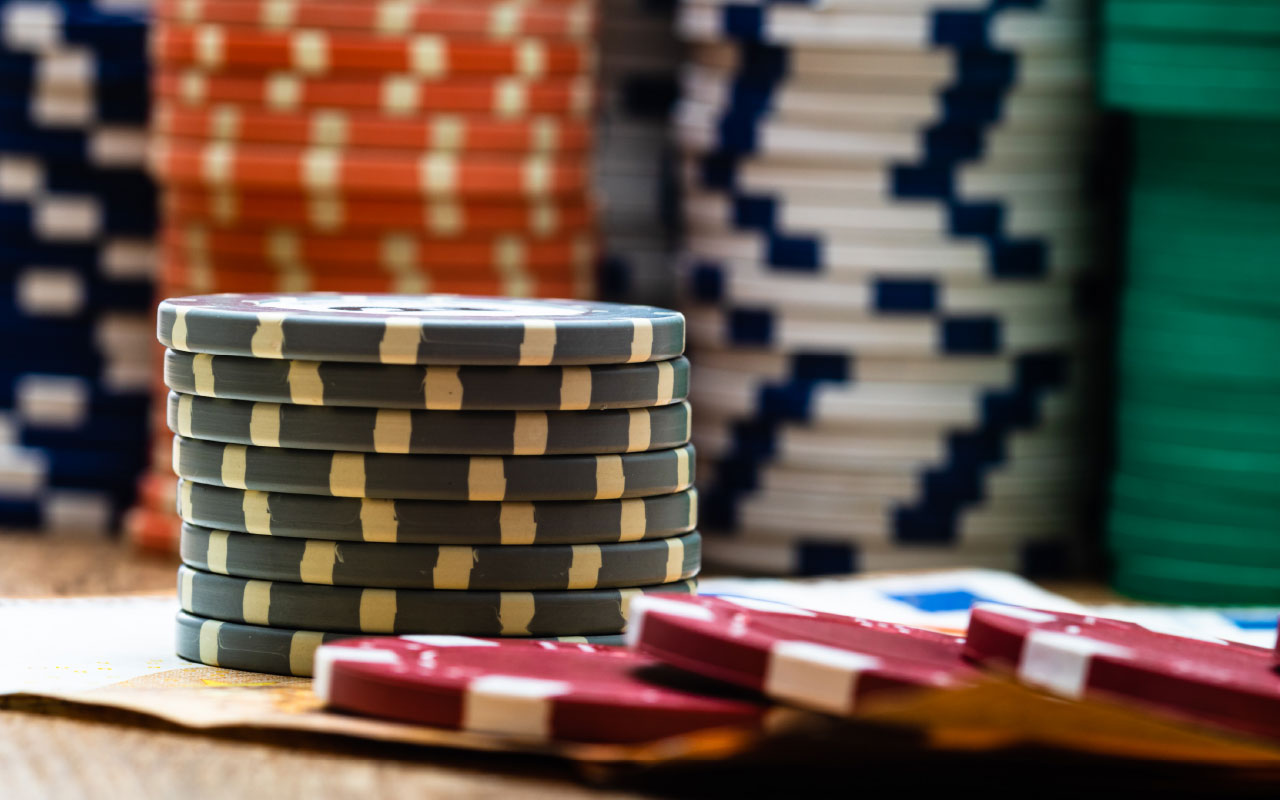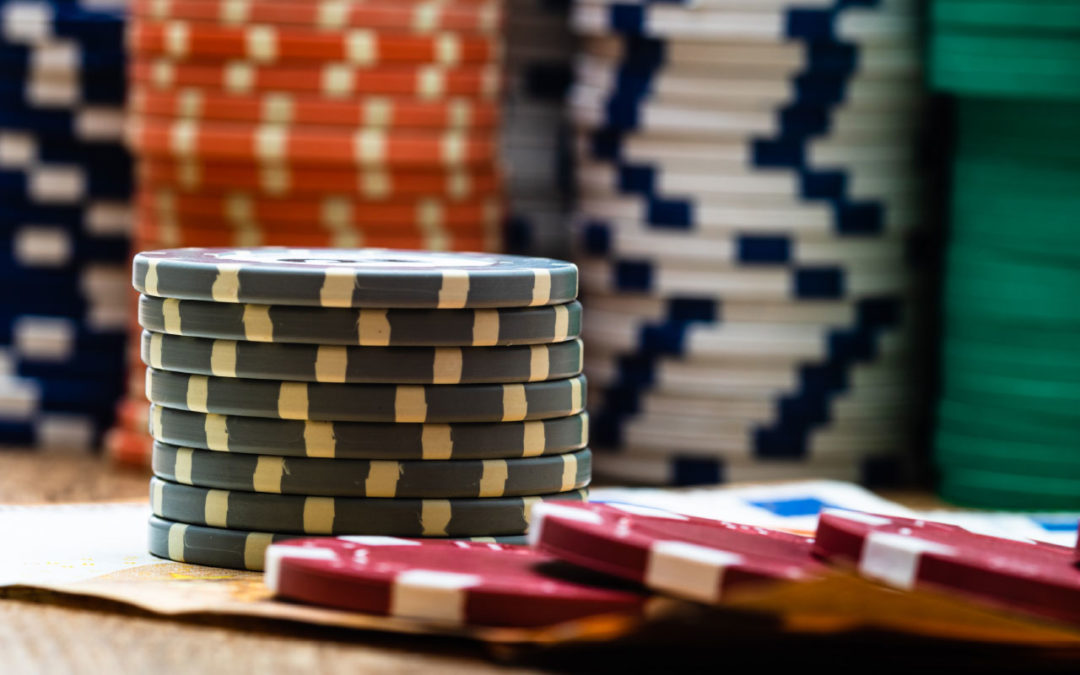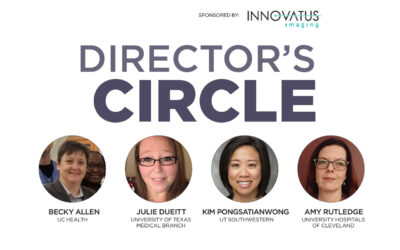
By Manny Roman
 While watching a sporting event with a neighbor, the subject of “beginner’s luck” came up. Since I play poker at a mediocre level, I shared my wisdom and expertise regarding the luck of a beginner. A newbie does not yet possess the knowledge of an experienced individual therefore he will act improperly for the circumstance. This should be unfavorable for him, yet luck shows up whenever it does. If you are there at the time then you benefit and the experienced guy justifies the result by blaming beginner’s luck. By the way, I have never encountered the phrase “professional’s luck.” Which also happens randomly.
While watching a sporting event with a neighbor, the subject of “beginner’s luck” came up. Since I play poker at a mediocre level, I shared my wisdom and expertise regarding the luck of a beginner. A newbie does not yet possess the knowledge of an experienced individual therefore he will act improperly for the circumstance. This should be unfavorable for him, yet luck shows up whenever it does. If you are there at the time then you benefit and the experienced guy justifies the result by blaming beginner’s luck. By the way, I have never encountered the phrase “professional’s luck.” Which also happens randomly.
Interestingly, the very next day, I received an email from Reader’s Digest discussing luck and superstition. Then, I received word that this column was due. I don’t want to tempt fate so rather than an informative and incisive column you get this.
Superstition can be defined as a notion maintained despite evidence to the contrary. It is an unjustified belief in a supernatural cause and effect leading to an unrealistic expectation. This means that, although the action or belief is inconsistent with science, we act and hope that the lucky charm and the rabbit’s foot will cause luck to happen (lucky for the rabbit that we only took one foot). I already told you that luck is random and you only need to be present when it makes an appearance.
How do we have so many superstitions? We were provided these wonderful gifts from even before birth. Did you know that when pregnant if you don’t eat the food the baby craves, it will be born with a birthmark shaped like that food. You better eat that octopus then. We parents are great at providing our children with an endless supply of questionable wisdom: “Your face is gonna stay that way. It’s funny until somebody loses an eye. Black cats are bad luck. Don’t walk under a ladder.” Friends build on these: “Step on a crack, break your mother’s back. See a penny, pick it up, all day you’ll have good luck. But only if it’s heads up. A bird pooping on you is good luck.” There is no shortage of superstitions and luck enhancers.
According to the Reader’s Digest article, as many as 17 to 21 million people in America are afraid of Friday the 13th. A gallop poll shows that 50 percent of the country consider themselves superstitious. People may not truly believe superstitions can cause anything however they continue to participate in them. You know you do. You know the feeling of unease or elation the superstition causes. If we cannot control the outcome, we rely on superstition to possibly influence fate in our favor.
Well guess what. Science demonstrates the belief in superstition and luck actually may help our performance. In a study published in Psychological Science, golfers were given golf balls. Half of their participants were told that the golf balls were lucky. Those with the lucky golf balls made 35 percent more successful putts. Apparently, the belief that the golf balls were lucky made the golfers feel more competent and confident.
Poker is a game of mostly skill, knowledge and experience with a bit of added random luck. The more experienced and successful players, the professionals, have no room for superstition, right? Wrong! An unexpectedly large number have superstitious quirks. Lucky card protectors, lucky starting cards, unlucky starting hands, unlucky seats, unlucky dealers, stacking of the chips, holding on to poker chip won from a “lucky” player. The worst advice ever: “Never count your money while you’re sitting at the table.” You absolutely need to know how much money you have on the table.
Is there really anyone who does not have any superstitions or “lucky or unlucky charms” that provide a little anxiety or heightened expectation in certain circumstances? I doubt it. You don’t have to truly believe in luck and superstition to engage in the process. As for me, I personally believe that it is bad luck to be superstitious.
Manny Roman, CRES is the AMSP Business Operation Manager.








